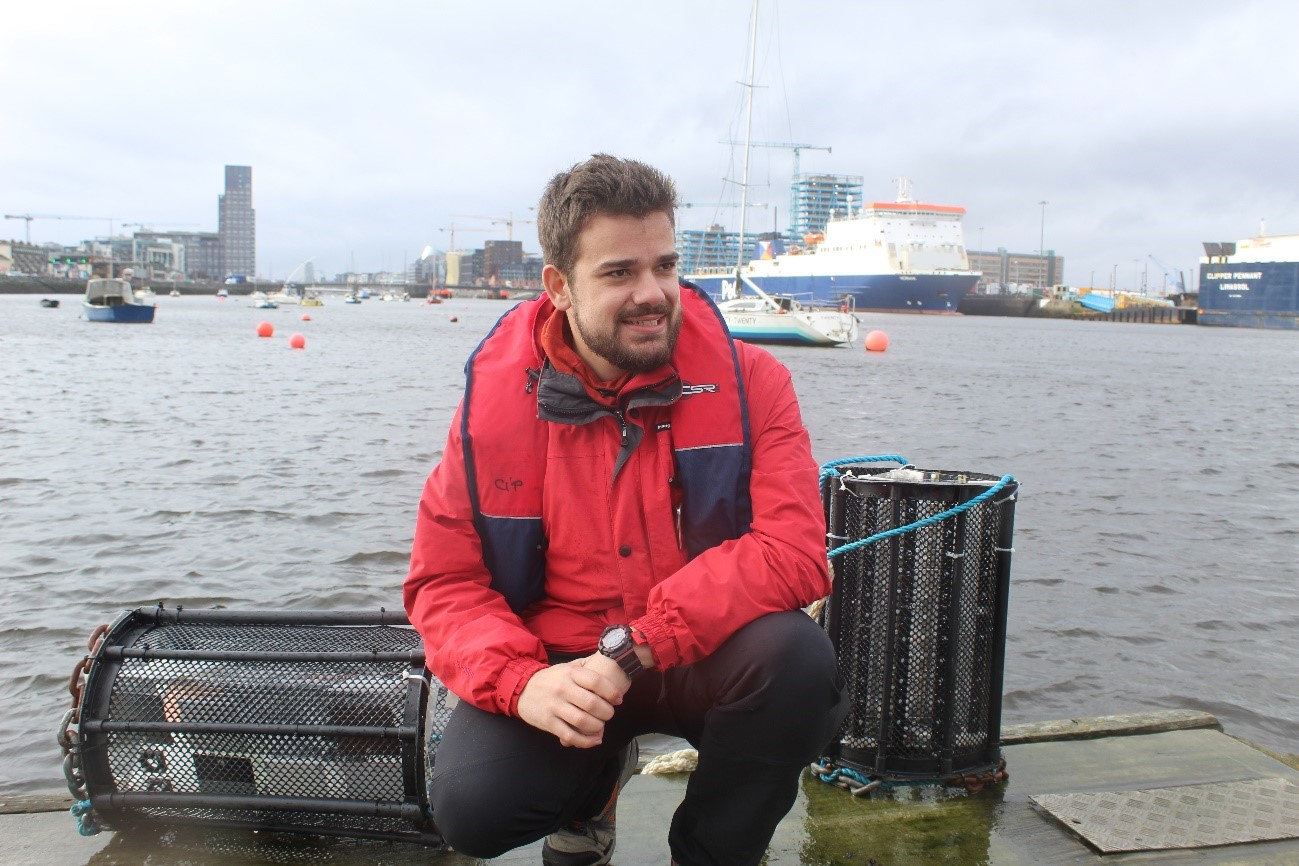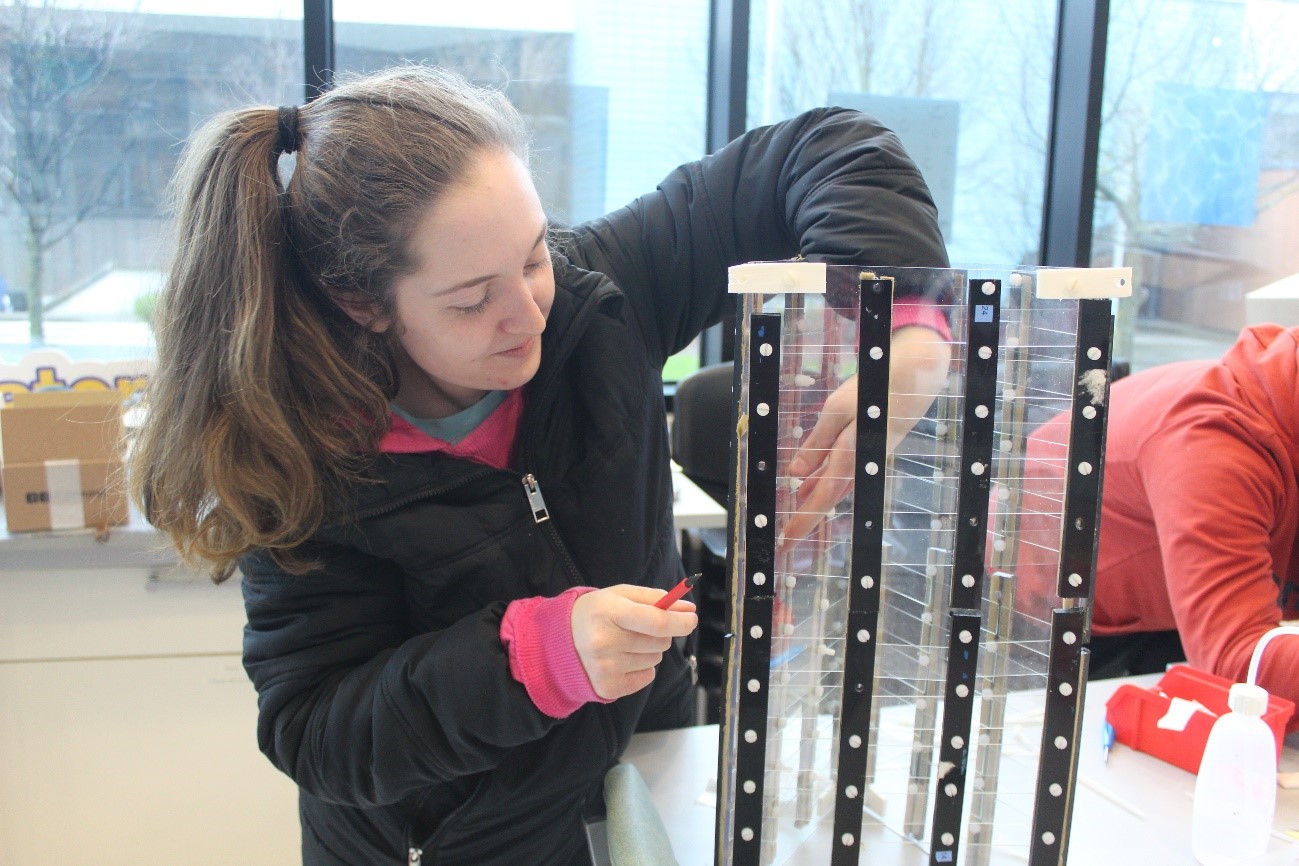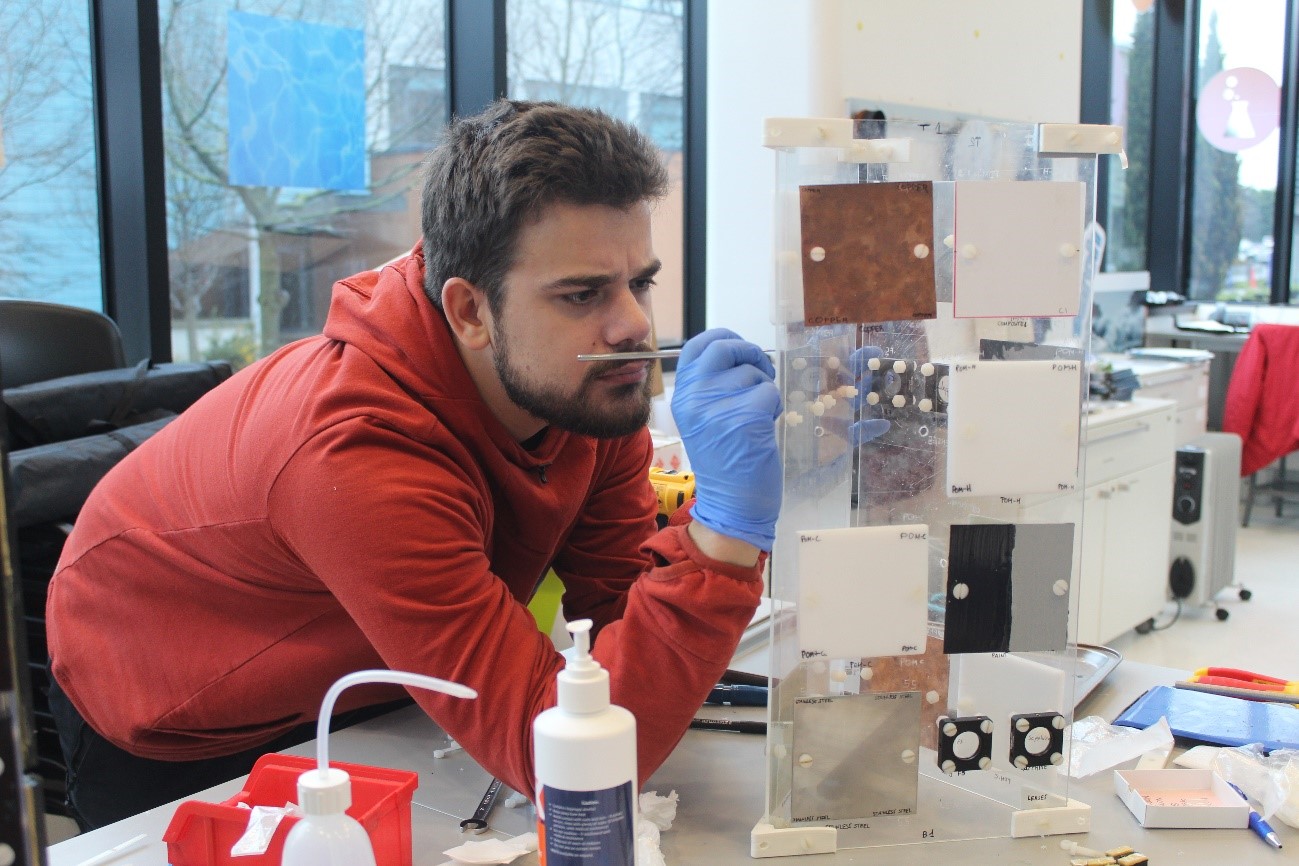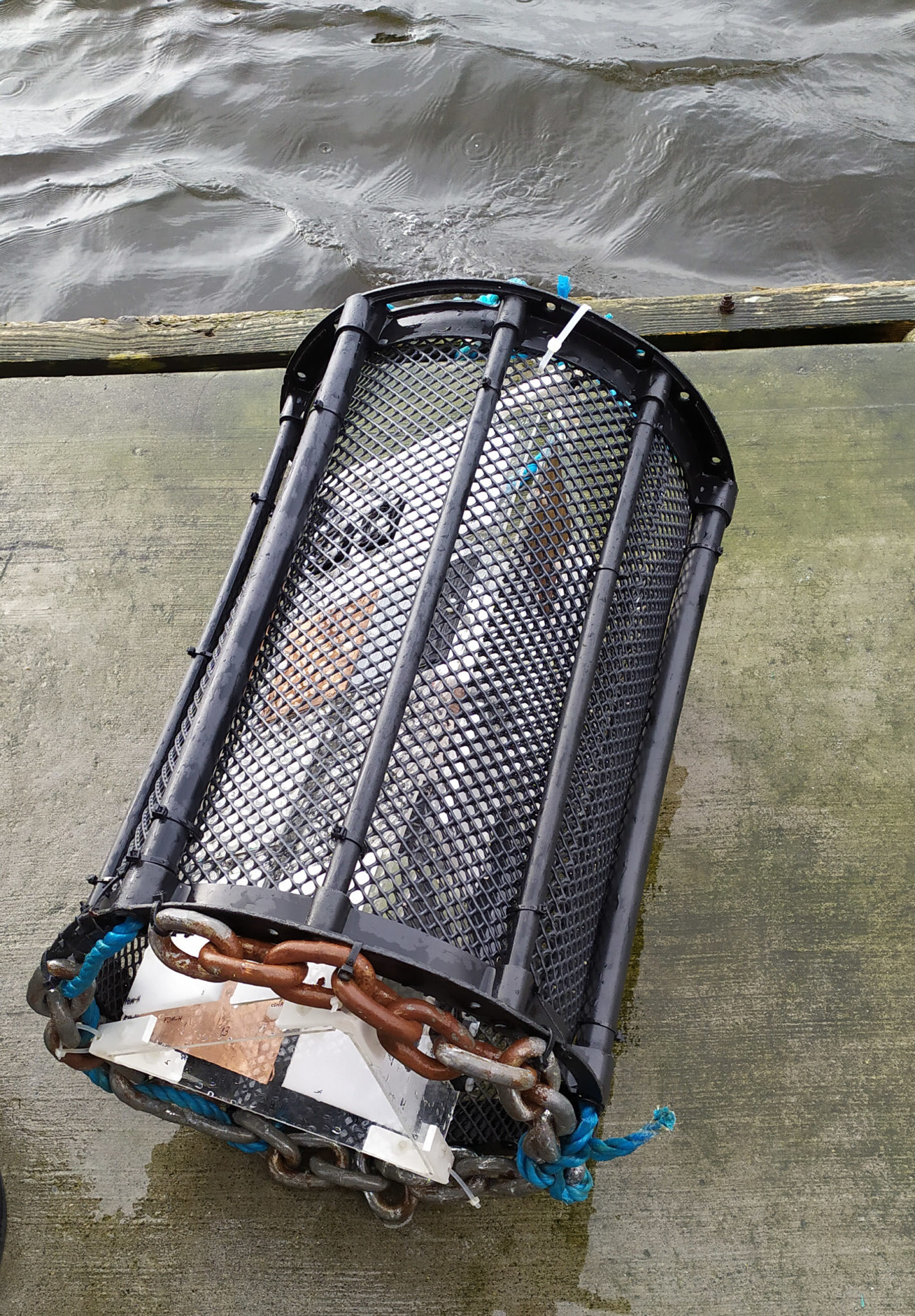By Adrian Delgado
Apr.15, 2020 19:26 GMT
Controlling the strength of flowing water is one of the oldest ways to generate energy. However, new technological advances are needed to make this renewable energy source competitive with traditional fossil fuel-based sources. The European-funded NEMMO project aims to reduce costs by designing larger, lighter and more durable cluster turbine blades in a period of 3 years, from 2019 to 2022. Researchers are working on ways to improve the hydrodynamic efficiency and active flow control of turbine blades. They are also testing new clusters and coating materials that should increase resistance to fatigue, impact, cavitation erosion and fouling. The goal is to reduce the standardised cost of energy for a 2 MW tidal turbine by 70%, reducing it to 0,15 EUR/kWh.
DCU water institute contribution to the project
The contribution by DCU research teams will focus on the design, assessment and integration of bio-inspired surface texturing which will be optimised to control the colonisation and settlement of blade surface by biofouling organisms. Achieving effective anti-fouling properties is critical to guarantee good performance over the lifetime of the turbine. Marine growth could otherwise very quickly deteriorate the ability of the turbine to extract energy from the tidal stream as well as its ability to survive extreme weather events.






1 Comment. Leave new
[…] The Next Evolution in Materials and Models for Ocean Energy (NEMMO) project, funded by the European Union under its Societal Challenge ”Secure, clean and efficient energy” aims to make tidal energy competitive. . Dr Yan Delaure Deputy Director of the DCU Water Institute is the lead PI of the Nemmo project in DCU. […]